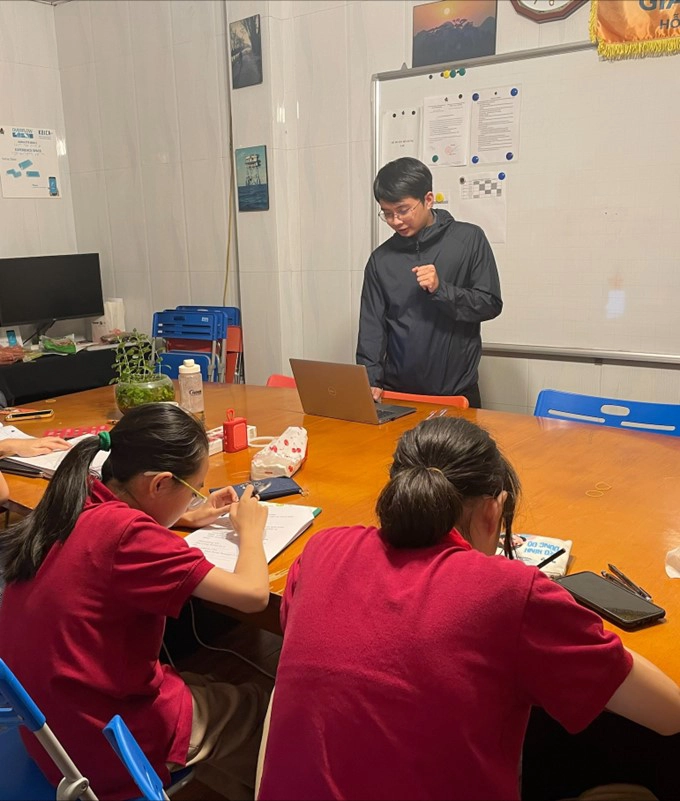

Re-engineering the global disaster response system
Tetra Tech International Development Indo-Pacific representatives took part in the 2023 Humanitarian Leadership Conference hosted by the Centre for Humanitarian Leadership this April. With a focus on “Re-engineering the global disaster response system,” the conference investigated why the global disaster response system was ‘stuck’ and proposed ambitious yet pragmatic ways to reinvigorate change.
It brought together experts and stakeholders committed to building a more responsive system to tackle the world’s challenges in 2050. Participants actively shaped the future of humanitarian and aid efforts by discussing innovative solutions to revamp the global disaster response system.
Representing Tetra Tech International Development, Seema Naidu, Tim Reilly and Navanita Bhattacharya, expertly moderated by Yaseen Ayobi, shared their collective learning and experience on localised and decolonised humanitarian actions in the panel discussion. Below, we share what they discussed.
Empowering women in disaster response efforts
Seema Naidu emphasised the importance of considering all individuals’ diverse needs and perspectives in disaster response efforts, particularly women. She highlighted that structural gender inequality and exclusionary values contribute to distinct vulnerabilities in disaster contexts.
Seema emphasized the need for implementing policy frameworks that challenge gender stereotypes, promote non-binary constructions of gender, and prioritise inclusion and safety. By incorporating these frameworks, we can promote gender equality in disaster preparedness, response, and recovery.
Localisation for effective humanitarian assistance
Tim Reilly shed light on the concept of localisation and learning in complex humanitarian emergencies.
He stressed the significance of adapting assistance based on local contexts, power dynamics, and the perspectives of beneficiaries in designing and delivering interventions. Tim suggested approaches such as needs assessments, feedback mechanisms, and participatory research methods to capture beneficiary perspectives effectively.
These methods include humanitarian needs assessments, complaint and feedback mechanisms, beneficiary-centric TPM, and participatory research techniques like Most Significant Change and Photovoice methodologies. By utilising these approaches, organisations can better understand and incorporate the viewpoints of beneficiaries in the design and delivery of interventions.
Supporting and empowering local actors through training and decision-making opportunities can enhance their capacity to respond to emergencies in their communities, ensuring more effective and sustainable humanitarian assistance.
Intersectional feminism for inclusive local solutions
Navanita Bhattacharya discussed an intersectional feminist approach to humanitarian and development actions through local ways of knowing and consulting in the Indo-Pacific. This approach requires organisations to acknowledge the ongoing harm caused by colonialism and racism, and intentionally dismantle global white privilege in development and humanitarian aid.
Navanita emphasised the importance of incorporating local knowledge and consulting with communities to create more inclusive and sustainable solutions. An essential first step in doing so is to acknowledge the complexity of human lives and issues, recognise the heterogeneity of local contexts and co-create, with those at the center of marginalization and oppression, solutions that works. Power dynamics are central to understanding systems and its functions, in knowing who faces what kinds of specific barriers related to which all issues.
By considering different groups’ diverse lived experiences and needs, we can work towards dismantling unearned privileges enjoyed by those gaining from inequitable power structures, and fostering a more equitable approach to development and humanitarian aid.
For further information and assistance on empowering women in disaster response, localisation for effective humanitarian assistance, or intersectional feminism for inclusive local solutions, reach out to Tetra Tech International Development. Together, we can create meaningful change and build a more equitable future.



